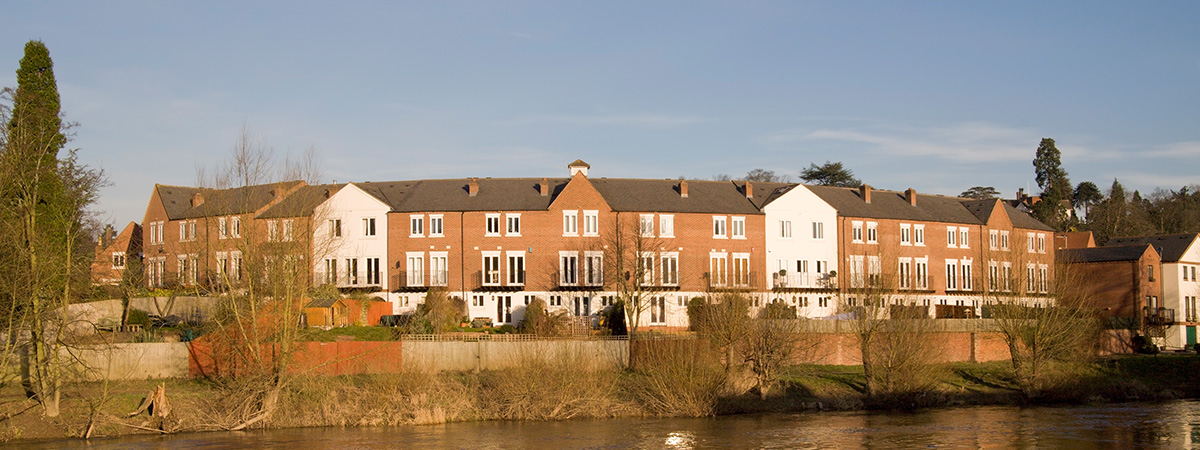0115 964 7740 - law@curtisparkinson.com


Reinvigorating commonhold – will it work?
21 May, 2019 4 minutes reading time
In light of recent controversies and issues with the traditional leasehold ownership of properties, the Law Commission is pushing commonhold ownership as a viable alternative.
Consultation paper
In their Consultation Paper entitled Reinvigorating commonhold: the alternative to leasehold ownership the Commission outlines how commonhold ownership would work in practice. The paper closely examines what impact commonhold ownership would have on homeowners, developers and mortgage lenders and whether this would be a more fitting approach to modern home ownership.
So, what would change and could commonhold work as a more viable alternative?
What is commonhold?
Introduced under the Commonhold and Leasehold Reform Act 2002 (CLRA 2002), commonhold is a new type of property ownership. It was suggested as an alternative to the traditional, long leasehold system where owners are essentially renting the land on a long lease from the owner of the freehold.
Commonhold allows freehold ownership of individual houses, flats and other non-residential units within an estate or a building. In contrast to a leasehold property, there is no limit on the ownership period.
A commonhold association, typically set up for multiple dwellings such as flats, comprises unitholders, who will jointly own and manage the whole building or estate. This would include common areas, communal gardens and car parks.
Whilst commonhold is a relatively new type of ownership, it is a type of freehold. The distinction is that it provides a structure to effectively manage separate, individually owned properties inside a larger development. A type of development that is much more common in today’s housing market.
Currently, four million people in the UK own leasehold properties.
Commonhold leases have now been in place over 14 years, but there has been very little uptake. In fact, over that period just 20 commonhold developments have been created.
What is the Law Commission proposing?
The Law Commission views commonhold as the way forward. In their Consultation Paper, they laid out a number of proposals to reinvigorate interest:
Expand the remit of commonhold to include use in larger, mixed-use developments. This would include shops, restaurants and leisure facilities as well as residential properties;
- Make it easier to convert leaseholds into commonholds;
- Allow shared ownership leases and social housing to be included in commonhold legislation;
- Bolster the confidence of mortgage lenders in commonholds to encourage them to lend;
- Allow those who own a property on commonhold more say in how the costs of running a commonhold are met;
- Provide homeowners with the means to end unattractive long-term contracts imposed by developers.
What positive changes can commonhold deliver to homeowners?
Undoubtedly, the Law Commission is trying to improve the situation, recognising that the value of property owned on leasehold diminishes in time.
Whilst current legislation allows leaseholders to extend their lease, it does not address the power freeholders have over those with the lease. The commonhold proposals are looking to redress the balance.
By providing freehold status, commonhold removes the need to pay ground rent and provides for contributions to the commonhold association.
In short, commonhold is aimed at empowering homeowners, allowing greater control over the wider development from those people who live there.
What are the pitfalls with commonhold?
The main barrier to the Law Commission’s plans to reinvigorate commonhold ownership is the current culture surrounding them.
Currently, creating and registering a commonhold interest in land under the Commonhold Regulations 2004 (SI2004/1829) and Commonhold (Land Registration) Rules 2004 is a complicated and lengthy process. Not for the faint-hearted!
Also, because of the low uptake and lack of confidence in commonhold, many of the largest mortgage lenders do not offer mortgages on commonhold titles.
The new proposals assume that commonholds are the best model for ownership, and in most cases, this is correct. However, in cases where investors prefer their block of flats to be professionally managed without having any day-to-day involvement, commonholds may not work.
Because of this, and the influence this sector exerts, the Law Commission faces an uphill battle to ‘reinvigorate’ the concept.
But commonholds have been a success in places such as Australia, so it could be argued that it should succeed here.
Conclusion
The proposals are robust and do acknowledge that barriers to change currently exist. If the government, home buyers and developers can see the real benefits from embracing change, in time commonhold ownership will become commonplace.
If you need further information or advice about any property related matter, please do get in touch. We’re here to help.
Please note that all views, comments or opinions expressed are for information only and do not constitute and should not be interpreted as being comprehensive or as giving legal advice. No one should seek to rely or act upon, or refrain from acting upon, the views, comments or opinions expressed herein without first obtaining specialist, professional or independent advice. While every effort has been made to ensure accuracy, Curtis Parkinson cannot be held liable for any errors, omissions or inaccuracies.





